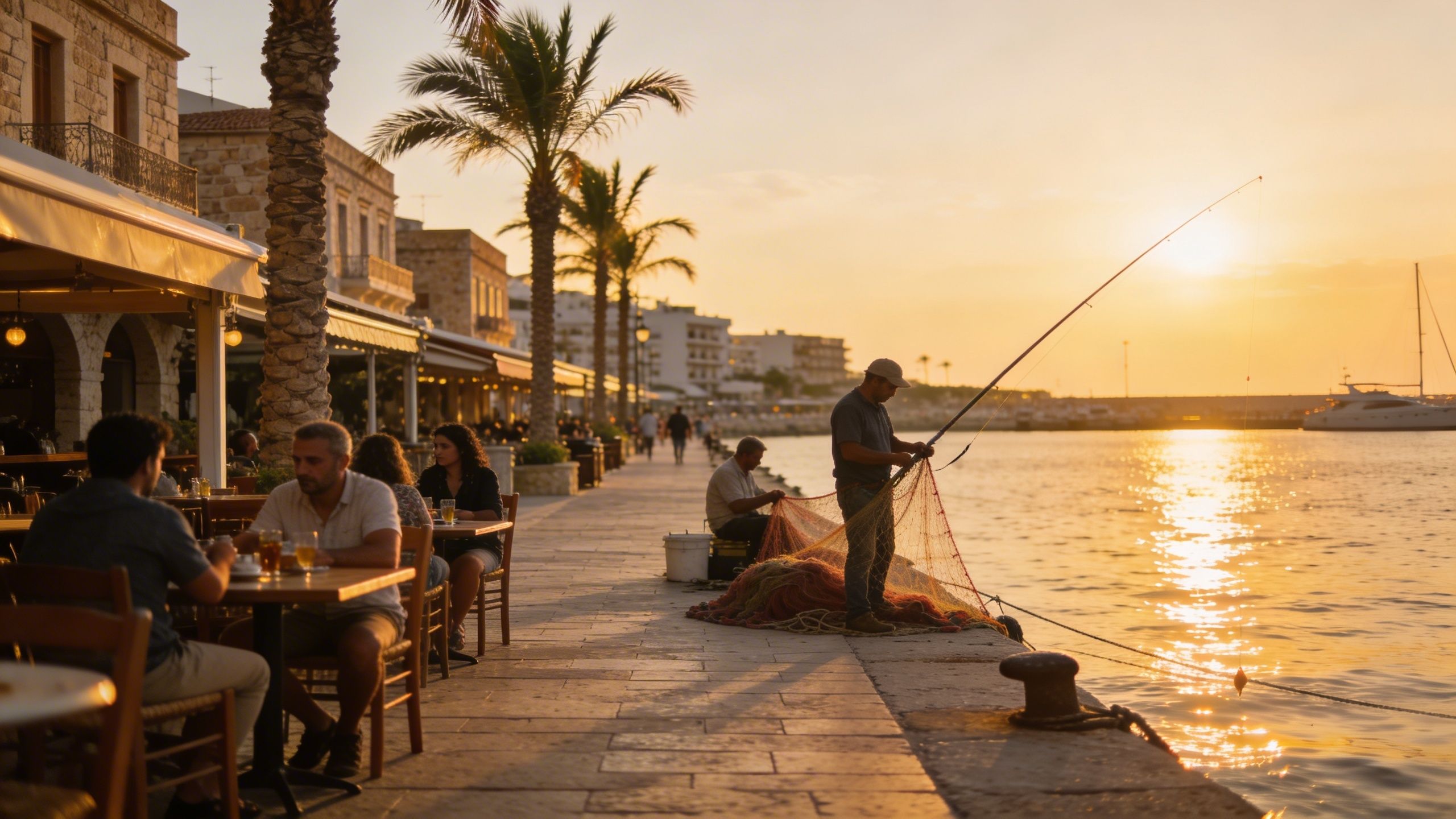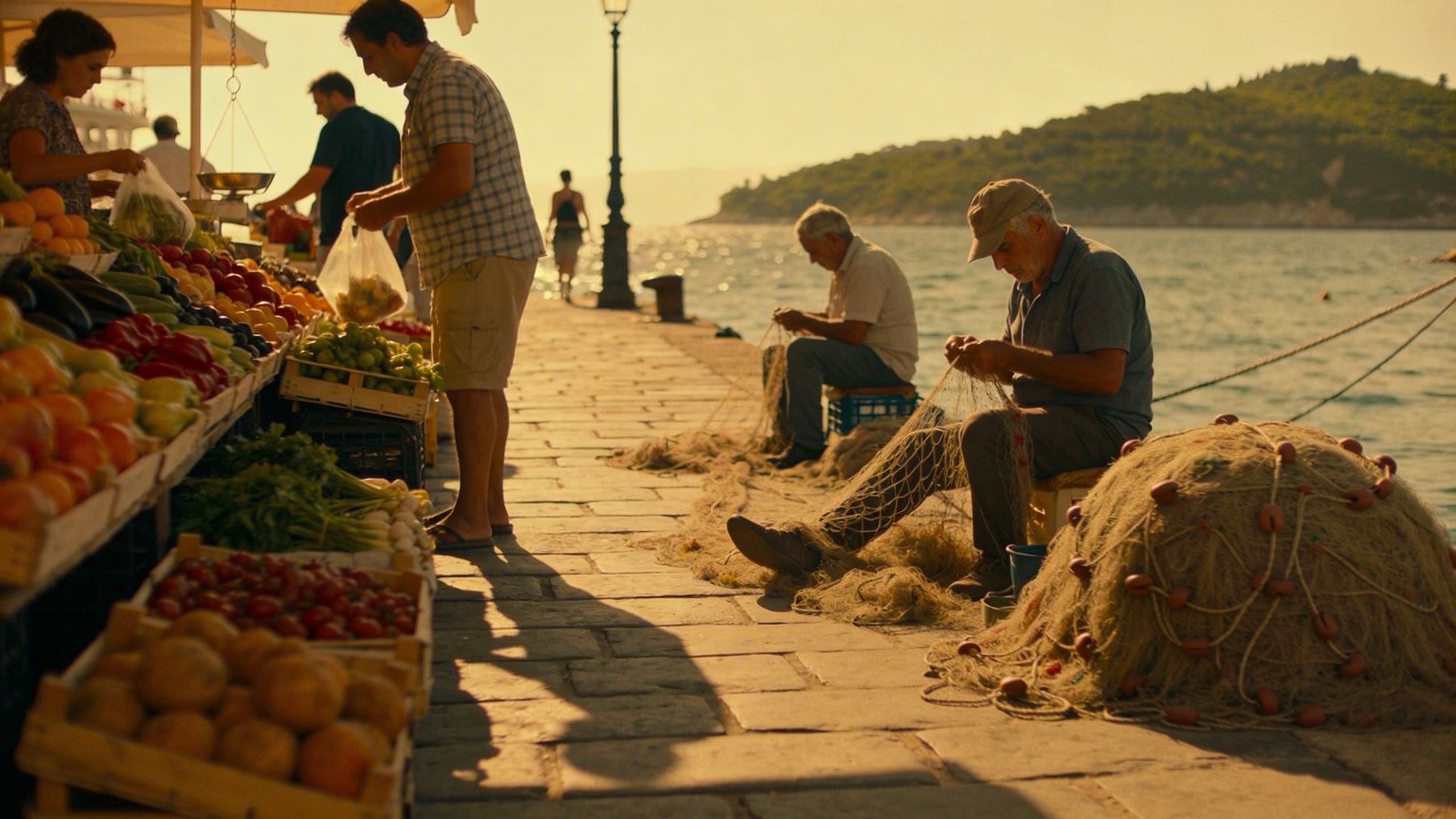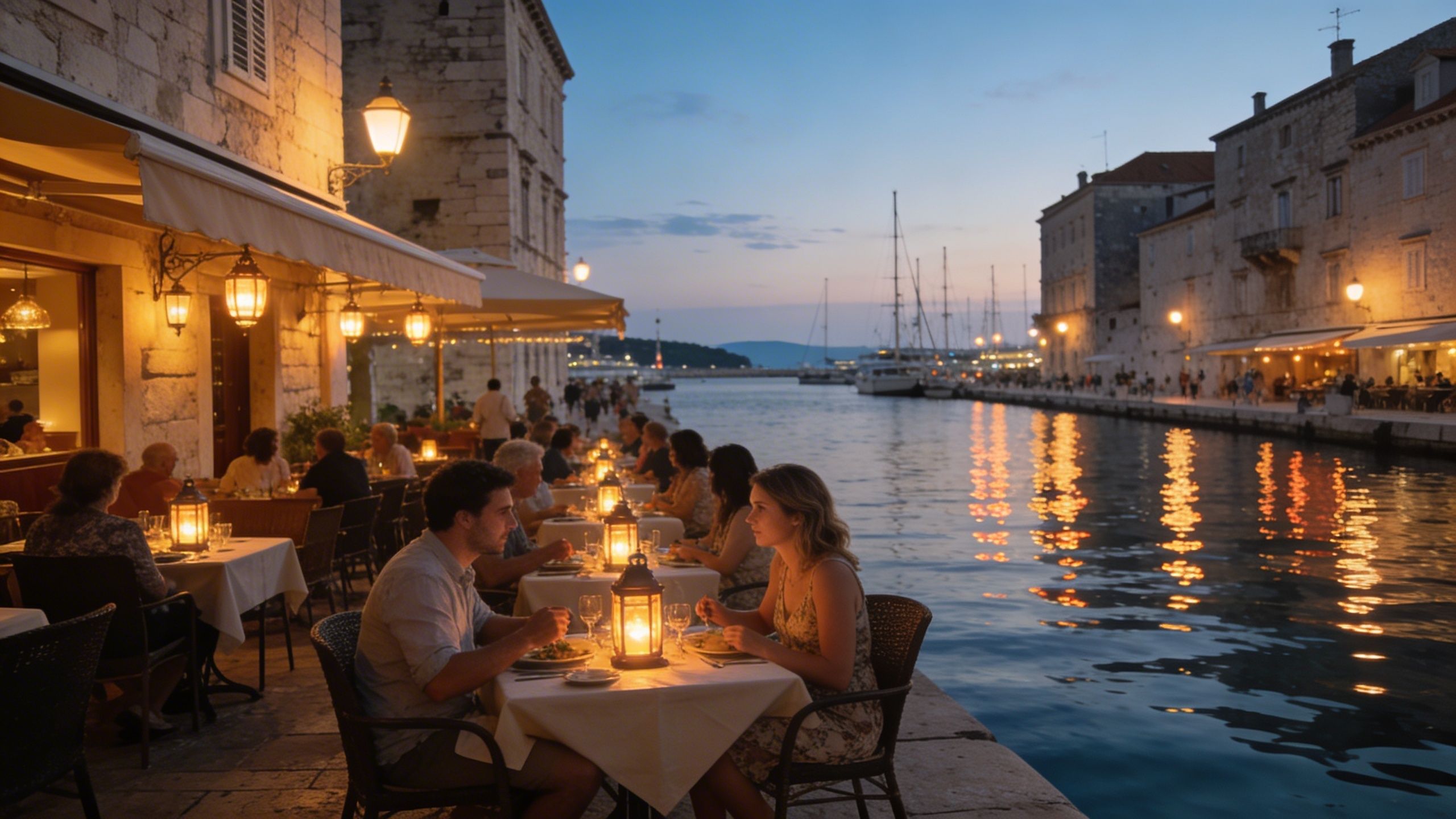Insurance & Buyer Protection: Choosing a French Agency
Practical guidance for international buyers in France: how to choose a local agency that secures insurance, validates syndic policies and protects your purchase.
According to recent market analysis, international buyers face a distinct set of legal and insurance considerations when acquiring property in France; selecting a local agency that understands those nuances reduces risk and preserves value. A prudent agent will navigate mandatory rules for tenants and copropriétés, advise on owner protections such as propriétaire non occupant (PNO) policies, and coordinate with notaires and insurers. This guide explains how to evaluate local agencies for insurance and buyer protection services, offering actionable questions, red flags, and a step‑by‑step selection process tailored to France.
Why agency expertise in insurance matters in France

France separates legal obligations and customary protections in ways that differ from many Anglo‑Saxon markets: tenants must hold assurance habitation and copropriétaires must carry at least a civil liability guarantee, while private owners of standalone houses are not legally obliged but are strongly advised to insure. An agency that grasps these distinctions will ensure you meet legal requirements and avoid gaps — for example, confirming the syndic’s building policy when buying a flat in a copropriété and recommending a PNO policy where appropriate. Sourcing this knowledge from an agent prevents surprises after completion and helps with underwriting conversations in the purchaser’s native language when needed.
What a capable agency should provide
A quality local agency offers more than listings: it provides a market analysis of comparable insurance exposure, arranges introductions to French insurers or brokers, prepares dossier materials that underwriters require, and flags conditional sale clauses that affect insurability. Expect the agent to liaise with the notaire to confirm the existence and scope of syndicate insurance and to advise whether a PNO is advisable for rental or vacant use. If they cannot explain these services clearly, they may lack depth in transactional risk management.
How this affects international buyers practically
International buyers commonly underestimate the administrative steps required to secure appropriate cover, such as translating ownership documents for insurers or documenting previous restorations. An agency that has handled cross‑border purchasers will propose a clear timeline for insurance procurement that aligns with completion and mortgage requirements, and will advise on policies that protect against CatNat exclusions and rising climate‑related surcharges. Effective preparation preserves negotiating leverage and mitigates post‑purchase exposure to large deductibles or coverage gaps.
Assessing agencies: red flags and validation checks

Begin by validating an agency’s local competence through documentary evidence and references rather than marketing language alone. Confirm that agents can cite relevant obligations — for instance, the requirement for copropriétaires to hold civil liability insurance — and that they regularly work with notaires and local insurers. The absence of documented relationships with reputable French insurers or brokers is a substantive warning; it suggests the agency may treat insurance as an afterthought rather than a core element of transaction stewardship.
Red flags to watch for
- Agents who cannot name partner insurers or provide sample policy outlines and claim procedures.
- Lack of experience with copropriété dossiers: no copies of syndic policies or refusal to obtain them pre‑sale.
- No process for coordinating insurance timing with notaire and lender — leading to coverage gaps at completion.
- Failure to explain French specifics: CatNat declarations, PNO benefits for landlords, or implications of vacancy on certain guarantees.
Validation checks to request
- Ask for three recent transactions where the agency coordinated insurance; request the contact details of the notaire and insurer involved (with client consent).
- Request a sample buyer protection checklist showing timelines for attestation, PNO recommendations, and CatNat verification prior to signing.
- Confirm how the agent handles language barriers: do they provide bilingual documents or certified translations for insurers and lenders?
Practical protections and services to expect from an agency
A well‑qualified agency will deliver a suite of practical services: comparative insurance quotes via established brokers, verification of copropriété insurance documents supplied by the syndic, recommendations for PNO where the buyer intends to rent or leave the home vacant, and coordination with lenders to satisfy mortgage conditions. Agencies should also explain local risk factors that affect premiums — flood maps, seismic zones, and recent CatNat reclassifications — and advise on mitigation measures that reduce premiums. These services constitute part of fiduciary care in a market where climate‑exposed risks are rising.
Essential policy types and what they cover
- Multirisques habitation (MRH): comprehensive cover for fire, water damage, theft, and liability for occupants.
- Propriétaire non occupant (PNO): protects landlords and owners of vacant properties for gaps not covered by tenant insurance.
- Syndic/building insurance: structural and common areas cover, typically arranged by the copropriété and verified by your notaire.
- Optional extensions: legal protection (protection juridique), loss of rental income, and increased coverage for heritage elements or restoration works.
How agencies should address CatNat and climate risk
Recent adjustments to the CatNat framework and increasing climate exposure have tightened underwriting criteria and premiums in exposed zones. Agents should check the bien’s historical CatNat declarations and advise on documentation to ensure claimability; they should also recommend reasonable mitigation — improved drainage, approved works, or documented maintenance — that insurers may reward. Buyers who postpone these checks risk higher premiums or exclusions that materially affect the property’s operating cost and resale appeal.
Step‑by‑step: choosing the right agency for protection and insurance
Selecting an agency is both procedural and relational; follow a deliberate sequence that verifies competence, transparency, and network quality. The numbered steps below provide a reproducible workflow for international buyers, stressing documentation and the coordination of insurer, notaire, and lender timelines. Adhering to this process reduces the chance of last‑minute coverage gaps and preserves purchasing momentum.
- Shortlist 3–5 local agencies with demonstrable cross‑border experience and request written evidence of past transactions involving foreign purchasers.
- Obtain sample checklists from each agency showing how they handle: syndic insurance verification, PNO advice, CatNat checks, and coordination with notaires and lenders.
- Compare three insurance quotes secured via the agency or its trusted broker partners; ensure comparisons list deductibles, exclusions, and claim examples in writing.
- Confirm linguistically accessible service: bilingual contracts or certified translations, and a named contact for insurer and notaire coordination.
- Agree contractually on the agency’s responsibilities and timelines for insurance attestations at sale completion; place these obligations in the agency engagement letter.
A practical example
A London‑based buyer recently contracted through a Bordeaux agency that provided three insurer quotes and arranged a temporary PNO attestation for completion. The agency also obtained the syndic’s policy excerpts and confirmed the CatNat status; these actions lowered the buyer’s negotiating friction and enabled the lender to release funds without delay. Such coordination is replicable and should be contractually expected rather than hoped for.
When to involve a specialist broker or lawyer
Complex purchases — listed properties, large estates with specific restoration covenants, or high‑value rental portfolios — benefit from a specialist insurance broker and a lawyer versed in French property law. Agencies should be able to introduce these professionals and coordinate their workstreams; inability to do so is a limit on the agency’s capability. For international buyers, these introductions preserve legal certainty and optimise insurability of heritage elements.
France’s regulatory and market particulars make local agency expertise in insurance and buyer protection indispensable. Choose an agency that can demonstrate concrete insurer relationships, provides written checklists and timelines, and integrates notaire, lender and broker workflows. Begin conversations early, insist on documented processes, and place insurance coordination clauses in engagement letters to ensure completion proceeds without avoidable exposure.
Next steps: compile the agency short‑list, request the sample insurance checklist and three insurer quotes, and schedule a pre‑purchase call with the chosen agency and your notaire. Timing matters; securing proof of appropriate insurance at completion protects capital and preserves future resale value. If you would like, Villa Curated can introduce vetted French agencies with documented experience managing insurance and buyer protection for international clients.
Dutch former researcher who moved to Lisbon, specialising in investment strategy, heritage preservation, and cross-border portfolio stewardship.


